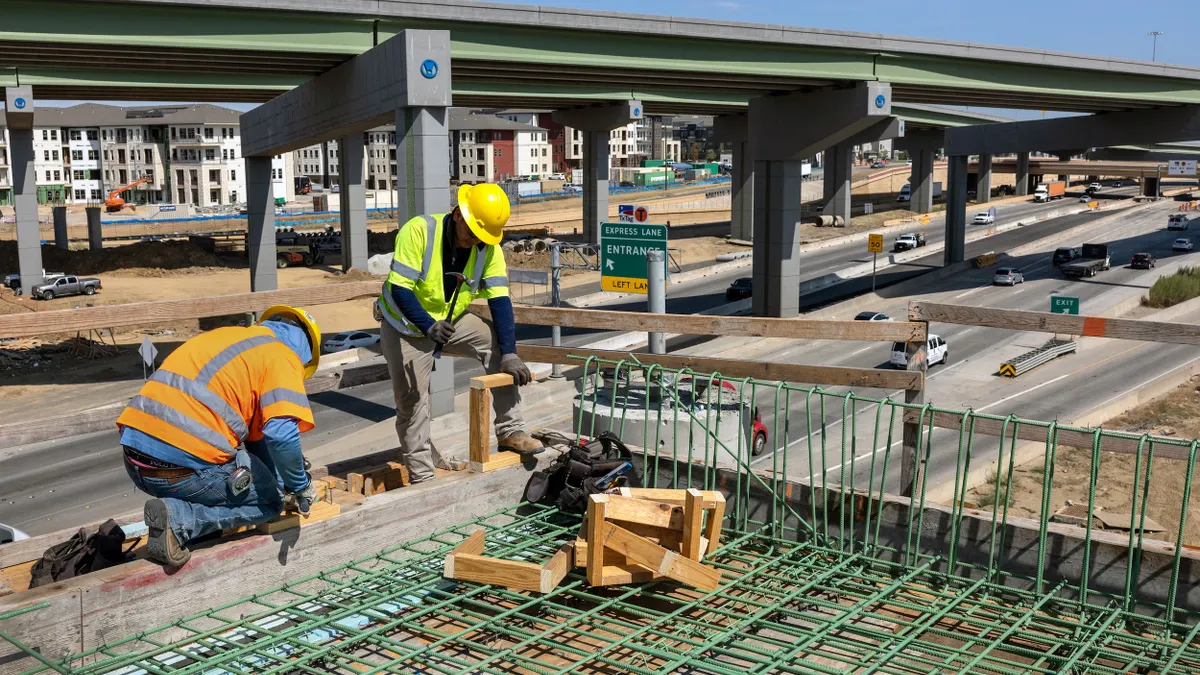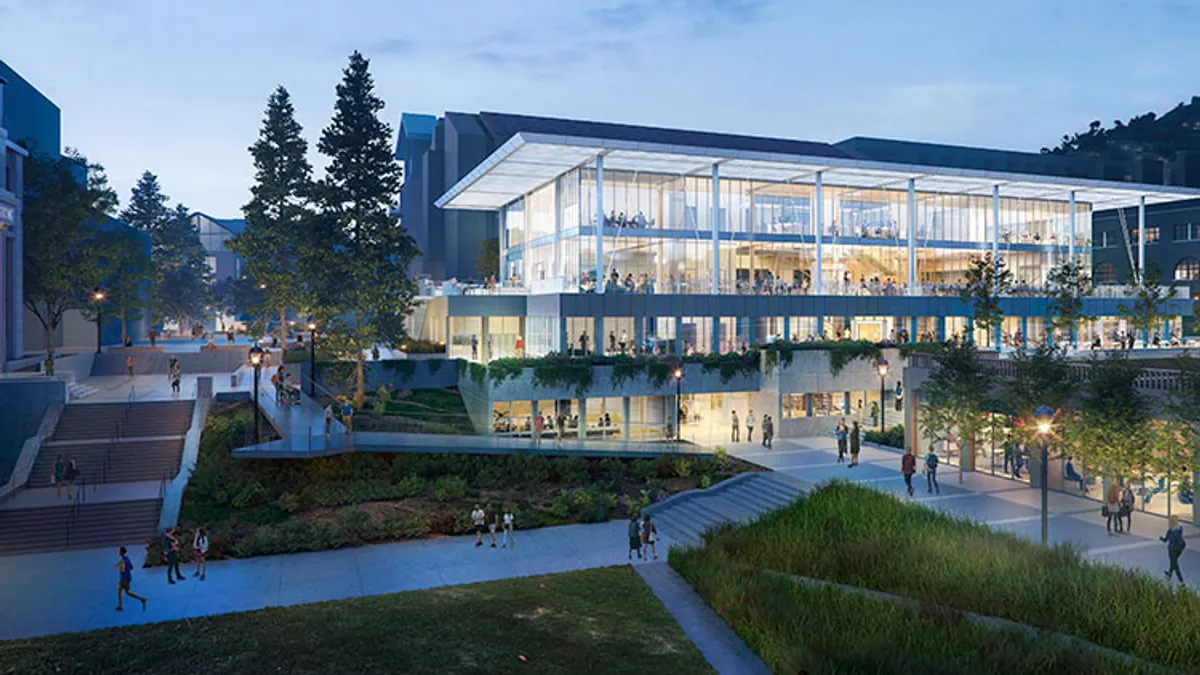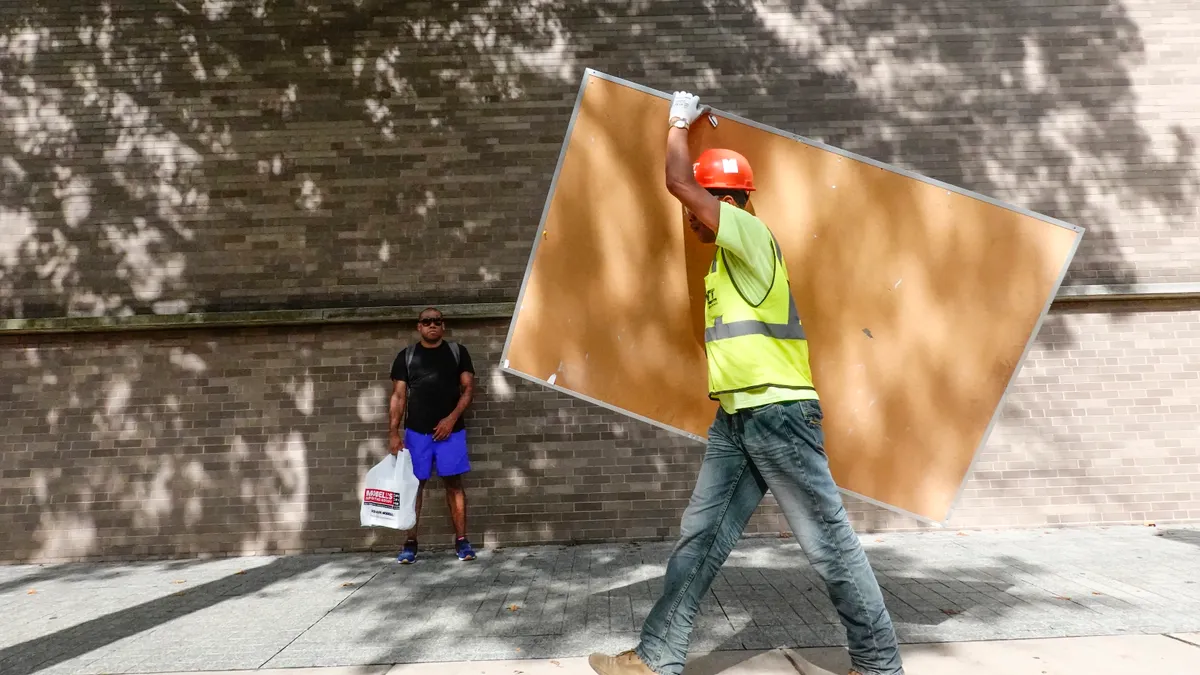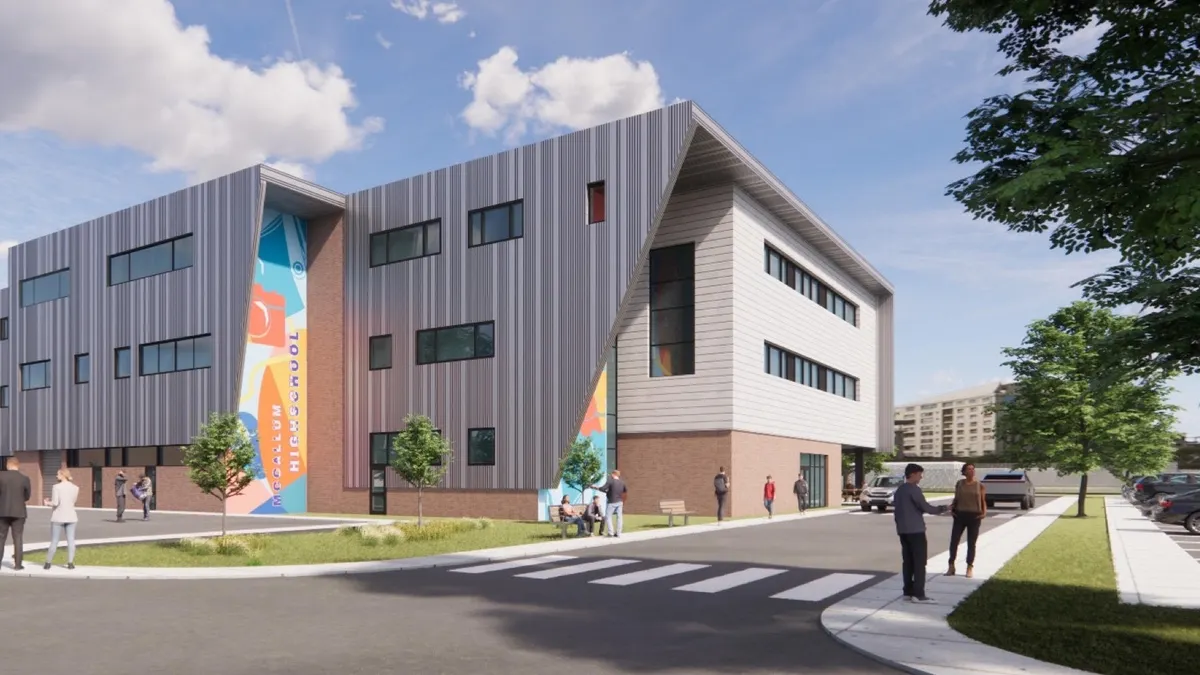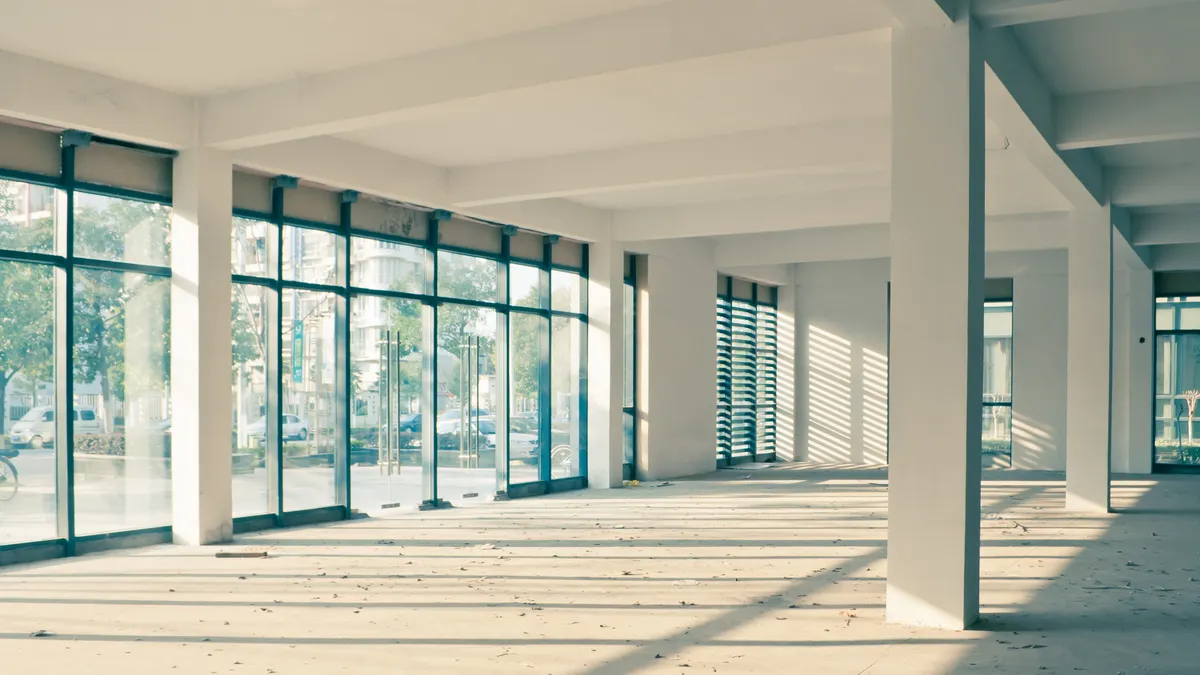Building codes and other industry regulations can help designers better define a project and create a structure that is not only aesthetically pleasing but safe. However, when it comes to the modular industry, the lack of consistency in those codes and regulations can frustrate project teams and perhaps even hinder growth, or at least delay it.
Modular experts say if they had their way, codes would be more amenable to offsite construction methods.
“If I had to say what is utopia, it would be that [jurisdictions] use the most up-to-date building codes; they all use third-party inspectors; and we don't have to worry about local or city officials amending [their modular] programs so that we're having to jump through more hurdles," said Jon Hannah-Spacagna, director of government affairs for the Modular Building Institute.
The first is unlikely, said David Tompos, president and CEO of Indiana-based NTA, a company that specializes in inspecting and certifying modular units and other manufactured structures around the country. NTA was founded in 1976 and later acquired by the International Code Council (ICC).
“It would be absolutely wonderful if we had every state on the same model building codes,” he said, “but that’s never going to happen. I would love to see it, but the states all want to have their own say in what their codes are, so I'm not going to hold my breath for that.”
The ICC publishes model building codes and standards, which are in use in some form in all 50 U.S. states. The 2021 codes address modular building in a way that is expected to bring more consistency to modular regulations in the jurisdictions that adopt them. Currently, according to Hannah-Spacagna, there are 35 states with modular programs, but the states are at different levels of ICC code adoption.
“You may have one state that's on the 2009 codes, one that's on 2015 and some have adopted the 2018 [codes],” he said.
“That’s probably the biggest challenge we find, and that’s where I spend a lot of my time — working with regulatory agencies whether it is to encourage them to adopt new codes or just simply trying to work through efficiencies [with processes such as] plan review or site review," he said.
Varying codes
The key to working in an environment where modular codes and regulations vary from state to state, said Josh Mensinger, vice president at ModularDesign+ in Dallas, is to make early contact with the authority having jurisdiction (AHJ) and find out what its requirements are before design work begins. That starts with having a conversation with the owner.
From day one of the project, he said, engaging the local AHJ is a necessary step in order to ensure that it understands the modular manufacturing process and that the owner understands what the AHJ will or will not accept.
“That lets the owner incorporate whatever modular components that they're going to allow into the construction documents on the front end rather than trying to figure it out on the back end after [they’ve] already submitted for permits,” Mensinger said.
The beginning of a project is also where the third-party inspection piece of Hannah-Spacagna’s modular regulatory utopia comes into play.
Firms like NTA have inspectors all over the country working on behalf of the AHJs as their “eyes and ears,” Tompos said. They inspect and certify modular units in the factory but only after being certified themselves by the state where the modular project will be assembled.
A typical modular project, Mensinger said, will see an inspector spend days in the factory inspecting each unit at certain production milestones like the completion of structural welds and electrical wiring. Inspectors will also perform spot checks, even asking the factory assembly workers why they’re building their piece of the work in the way that they are.
“They do engage them to see their depth of knowledge,” he said.
The role of inspectors
Third-party inspectors do not get involved in design, Tompos said, nor do they perform field inspections but can take a look at the plans in order to help ensure that the manufacturer clears AHJ hurdles. Some states, however, do not allow third-party inspectors to be involved in plan review. In Ohio, for example, building authorities consider it a conflict of interest to allow third-party inspectors to participate in plan review.
In states without modular programs, third-party inspectors work with the modular manufacturer in outreach efforts to AHJs in determining what those agencies will require, which can shave months off the permitting process. Without that advance work, permitting can stretch out for additional months, Mensinger said, if the applicant submits paperwork that ends up being rejected by the AHJ.
Apart from ensuring quality, the use of third-party inspectors can speed up the modular inspection process, said Hannah-Spacagna.
“Most states have limited budgets and so they have limited staff,” he said. “The ones that are extremely busy, the staff can only do as much as they can do when they're required to go out and inspect every single modular facility whereas the third-party inspectors working on their behalf can get it done much more quickly because they have the staff and means to get it done in a faster manner.”
As for the utopian ideal, the last piece dealing with consistency would be easier to achieve if AHJs all had the same modular process regulations ranging from the ability to use third-party inspectors to standardizing the permitting and review process.
It could promote growth in the industry, Tompos said. Owners get used to doing things in one state and know what’s expected. If they then want to pursue projects in another state, they sometimes feel like they have to relearn everything.
“If we could regulate everything the same way across the whole country,” he said, “that would save a lot of time and money and frustration for everybody involved.”
___________________________________________
The Modular Monitor series is brought to you by The Modular Building Institute (MBI), the voice of commercial modular construction. MBI has no influence over Construction Dive's coverage within this column or other articles, and its content does not reflect the views or opinions of MBI or its employees other than as a journalistic source in some cases.
As The Voice of Commercial Modular Construction (TM), it is MBI's mission to expand the use of modular construction through governmental advocacy, industry outreach, and professional development. Join us today.



